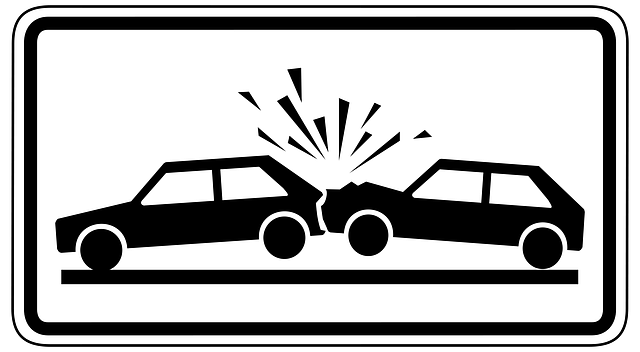Product recalls are pivotal in defective auto parts litigation, serving as critical evidence for lawyers representing clients with property damage or personal injury claims related to faulty automotive components. Recalls demonstrate manufacturer awareness of issues and potential negligence, strengthening legal positions and securing fair compensation. Defective auto parts lawyers use recall data, maintenance records, and expert testimonies to navigate complex cases, ensuring clients receive just compensation and holding manufacturers accountable for safety breaches.
In the complex world of product liability, recalls play a pivotal role in defective auto parts lawyer cases. This article delves into the legal implications of product recalls, exploring how they impact strategies for defective auto parts litigation. We examine the significance of understanding recall notices from a legal perspective and discuss effective tactics for handling disputes related to recalled automotive components. By dissecting these key elements, we equip both legal professionals and clients with crucial insights to navigate these complex cases successfully.
- Understanding Product Recalls: A Legal Perspective
- The Impact of Recalls on Defective Auto Parts Lawyer Cases
- Effective Strategies for Handling Recall-Related Legal Disputes
Understanding Product Recalls: A Legal Perspective

In the realm of defective auto parts lawsuits, understanding product recalls is paramount for both defective auto parts lawyers and clients alike. A product recall is a voluntary action taken by a manufacturer to remove unsafe products from the market. This decision often stems from identifying defects or risks that could potentially cause harm to consumers. From a legal perspective, recalls serve as significant pieces of evidence in building strong cases for affected individuals seeking compensation for related property damage claims or even personal injuries.
When a car owner experiences issues with their vehicle due to faulty parts, they may be entitled to legal recourse. Defective auto parts lawyers leverage product recall information to demonstrate the manufacturer’s knowledge of the part’s defect and subsequent negligence in addressing it. This can significantly strengthen a client’s position in pursuing insurance disputes and securing fair compensation for any resulting damages or injuries incurred due to the defective component.
The Impact of Recalls on Defective Auto Parts Lawyer Cases

In defective auto parts lawyer cases, recalls play a pivotal role, significantly shaping the trajectory of legal proceedings and outcomes. When a manufacturer initiates a recall due to defects in their vehicle components, it serves as irrefutable evidence of potential negligence and liability. This action triggers a series of events that can lead to increased settlement offers for affected consumers, including those seeking representation from defective auto parts lawyers. The impact extends beyond financial compensation; recalls also enhance the lawyer’s position in business litigation by demonstrating the manufacturer’s awareness of safety hazards.
Moreover, product liability claims are often strengthened by recall information, as it establishes a pattern of similar issues across multiple vehicles or batches. This evidence can be instrumental in navigating complex insurance disputes, where lawyers must argue for fair coverage and compensation on behalf of clients affected by defective auto parts. Ultimately, recalls serve as a powerful tool in the arsenal of defective auto parts lawyers, aiding in securing justice and compensation for clients while also holding manufacturers accountable for their responsibilities under product liability laws.
Effective Strategies for Handling Recall-Related Legal Disputes

When facing legal disputes related to recall-affected auto parts, defective auto parts lawyers employ strategic approaches to ensure fair compensation for clients. One effective strategy is staying abreast of industry recalls and regulatory actions, enabling attorneys to quickly identify potential cases. Promptly reviewing vehicle maintenance records and manufacturer communications can reveal patterns of negligence or breach of fiduciary duty by dealers or automakers.
Moreover, gathering evidence, including repair histories, expert witness testimony, and relevant legal precedents, strengthens the case. Caregiver negligence or accidents attributed to defective parts can be thoroughly investigated, demonstrating the direct impact on individuals’ safety and well-being. This comprehensive approach allows accident attorneys to advocate for their clients, holding responsible parties accountable for fiduciary duty breaches and securing appropriate settlements or verdicts.
Recalls play a pivotal role in defective auto parts lawyer cases, offering both challenges and opportunities. By understanding product recalls from a legal perspective and employing effective strategies for handling recall-related disputes, attorneys can navigate this complex landscape. The impact of recalls on such cases is significant, as they not only shape legal arguments but also influence settlements and judgments. Ultimately, a keen awareness of recall procedures and their implications empowers defective auto parts lawyers to advocate more successfully for their clients.






